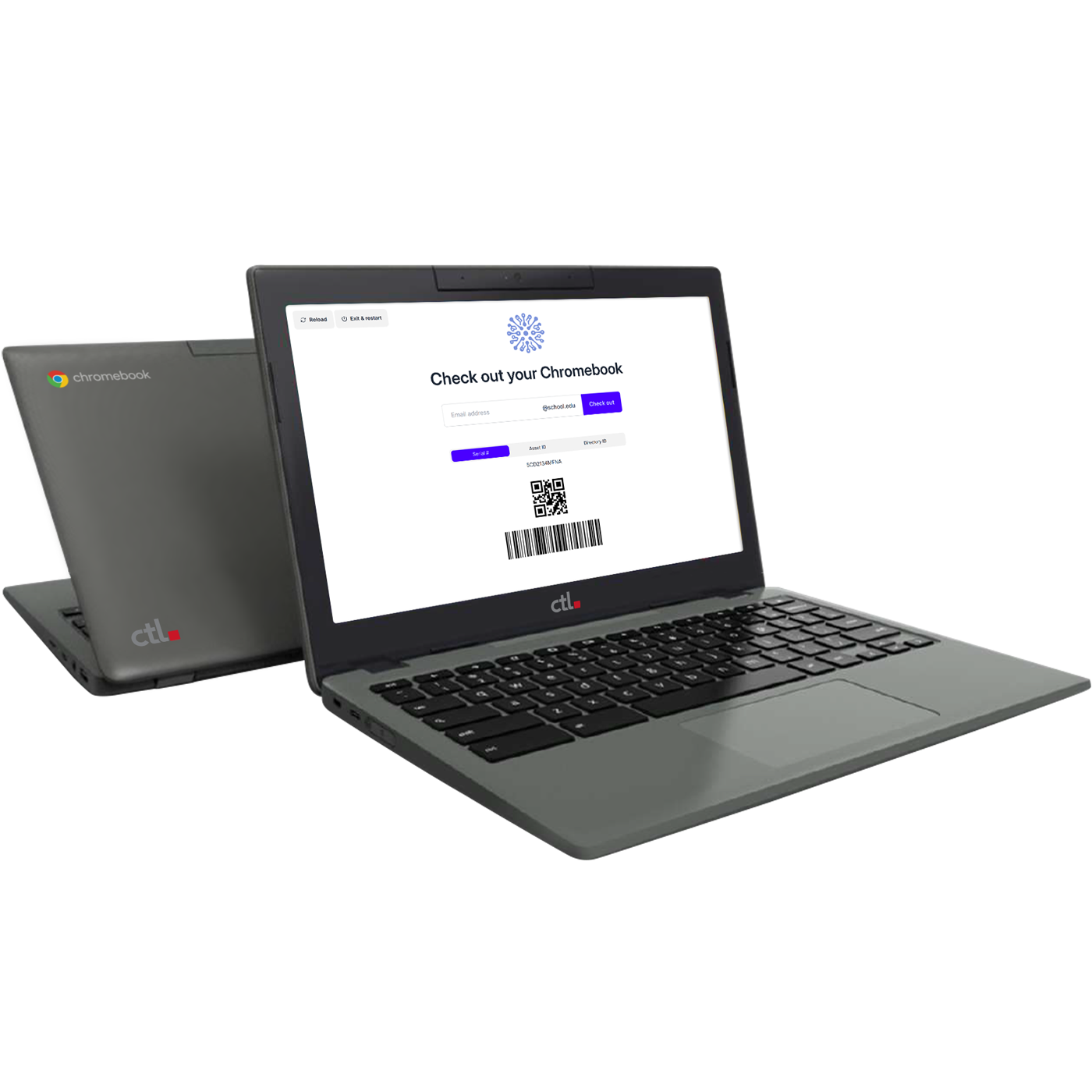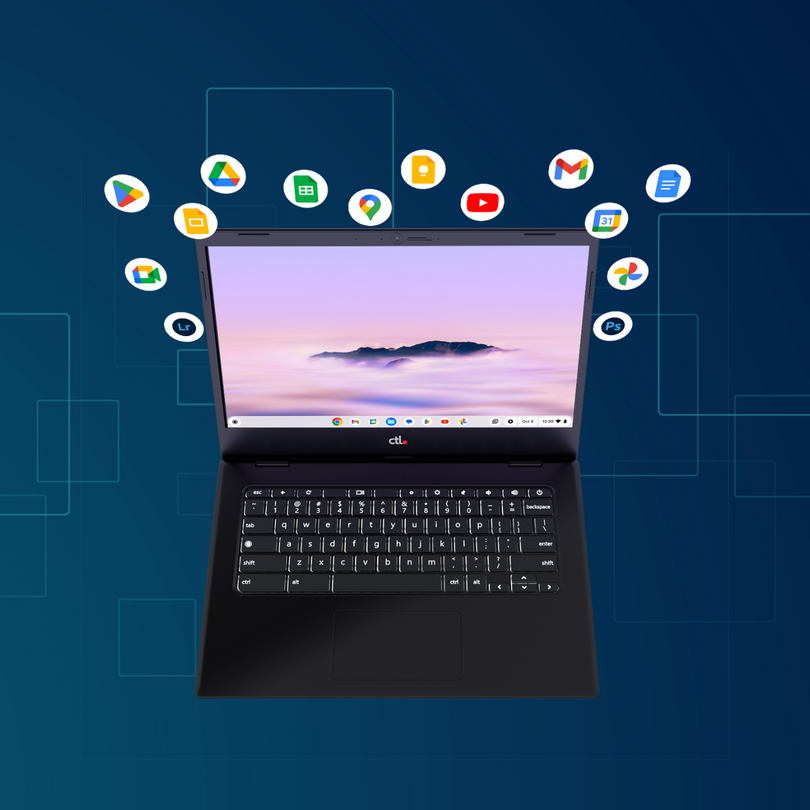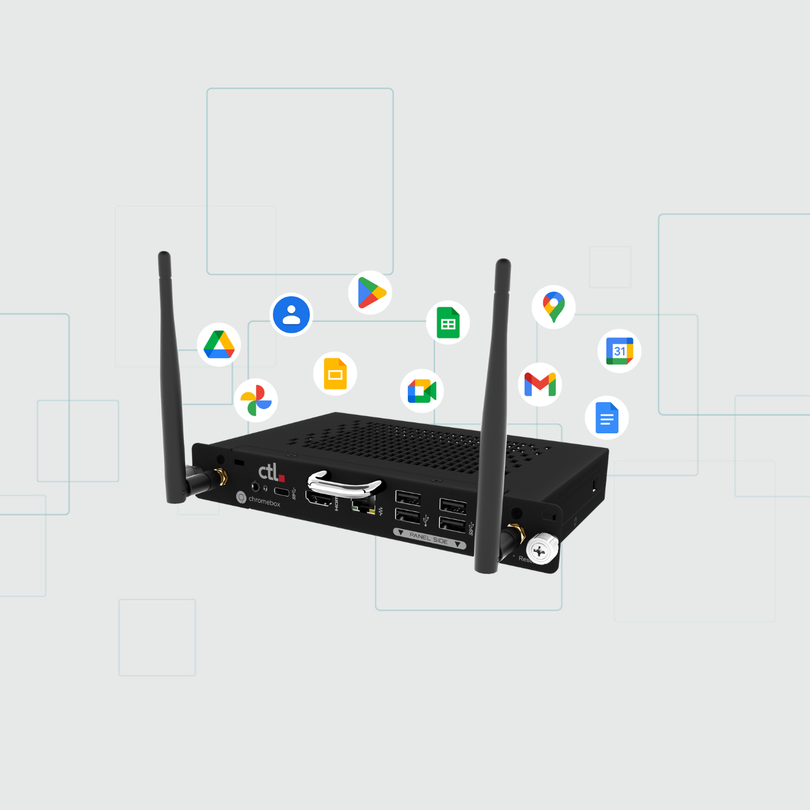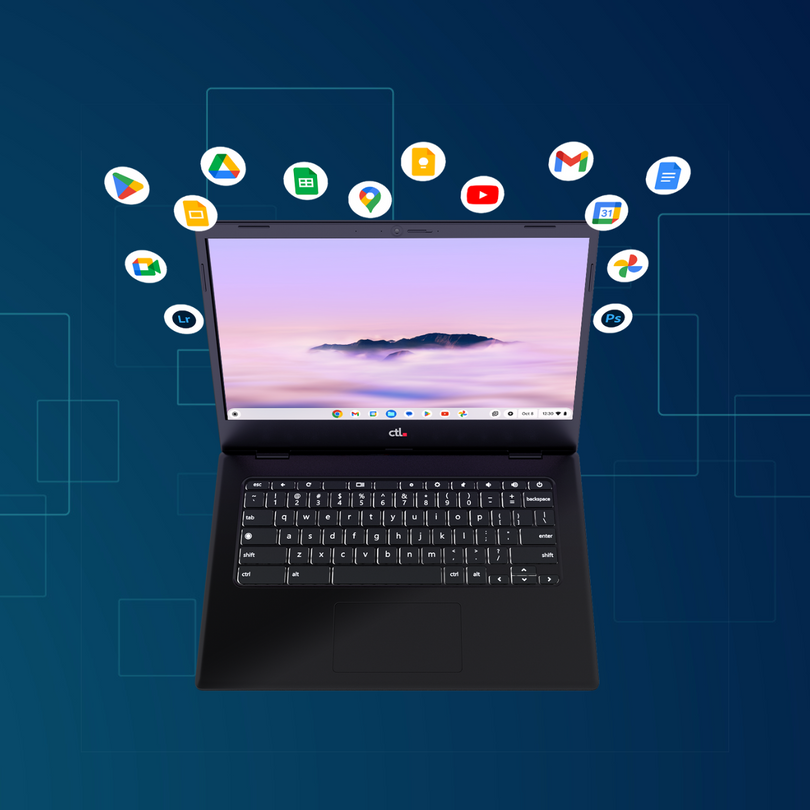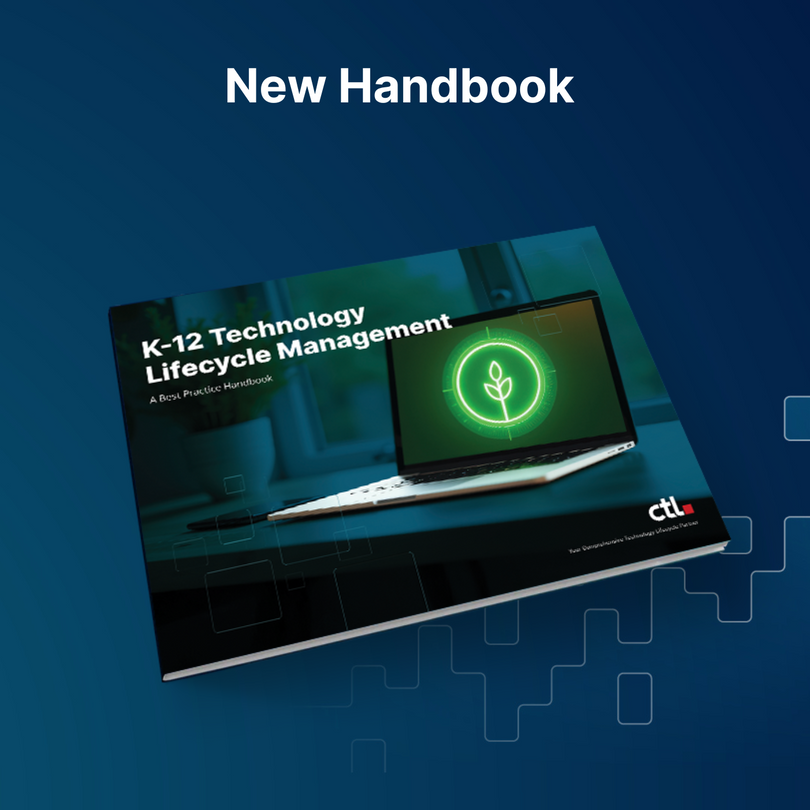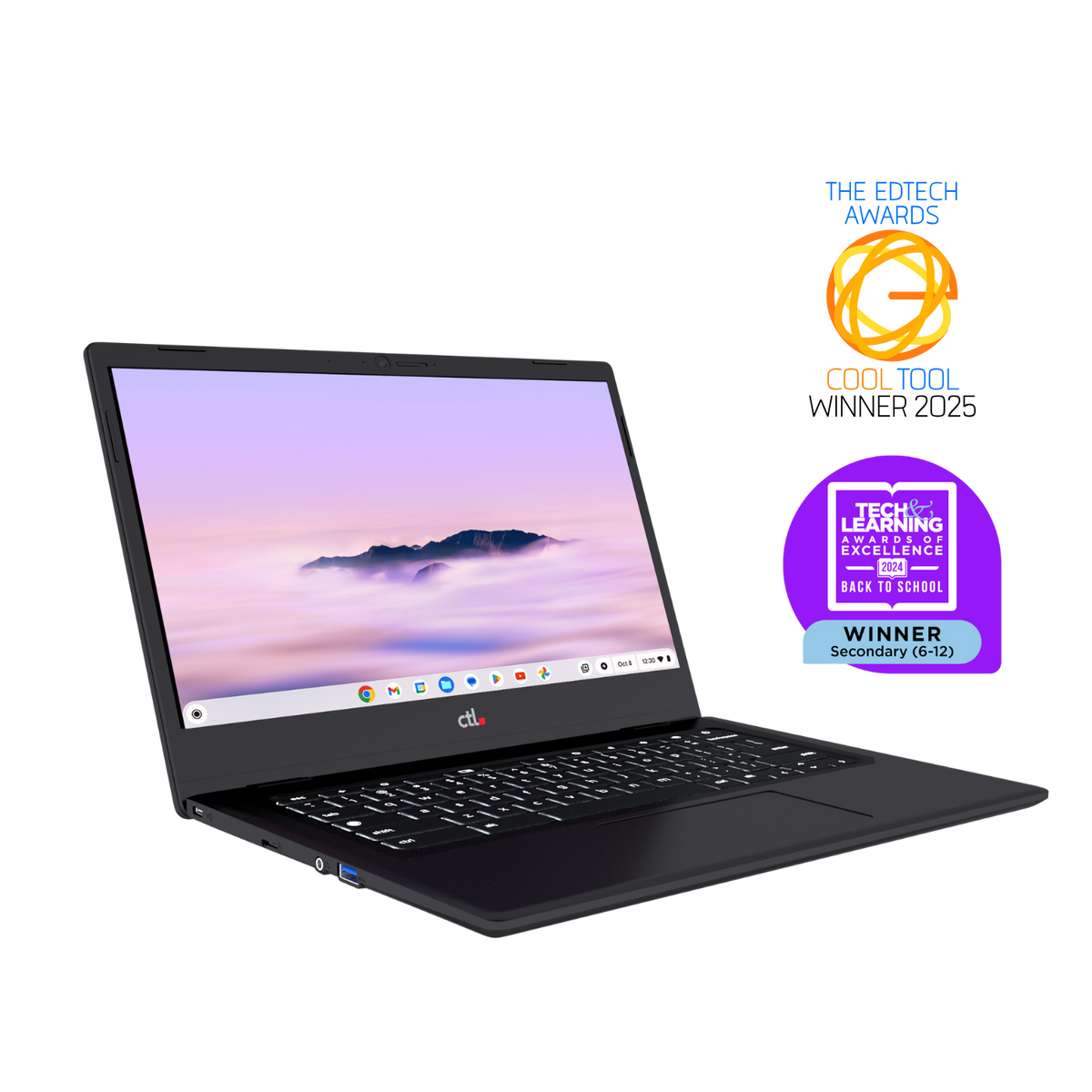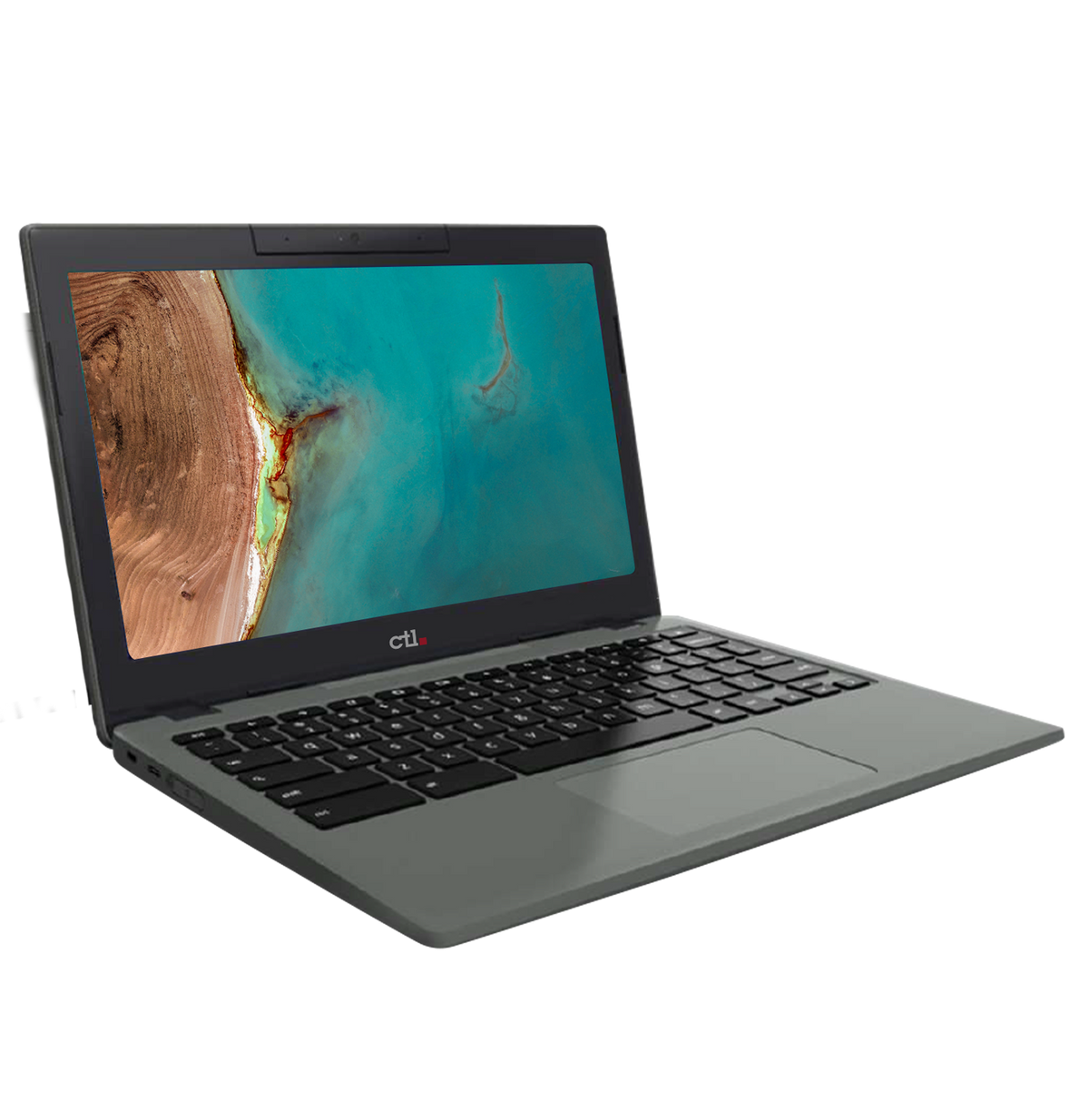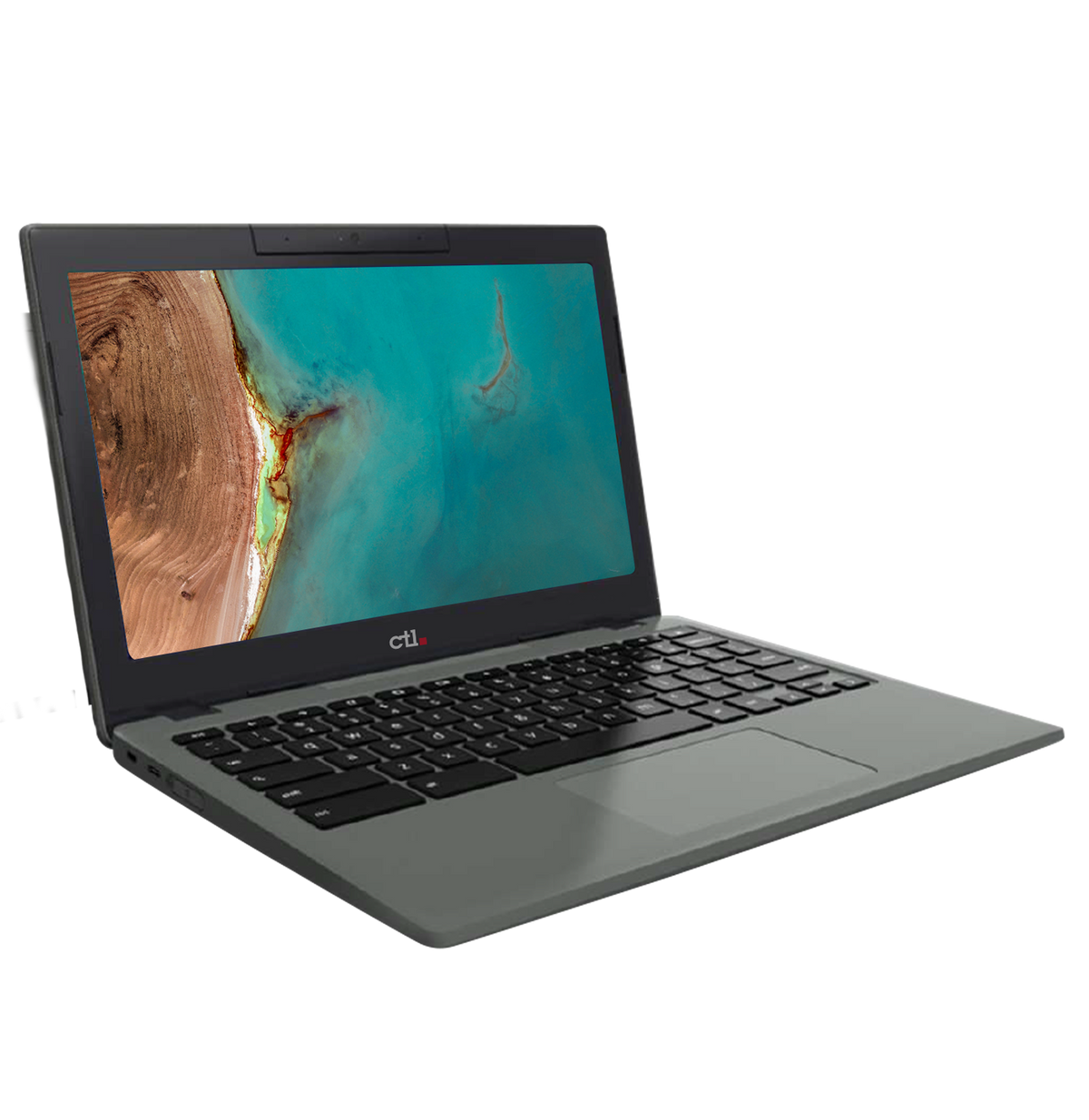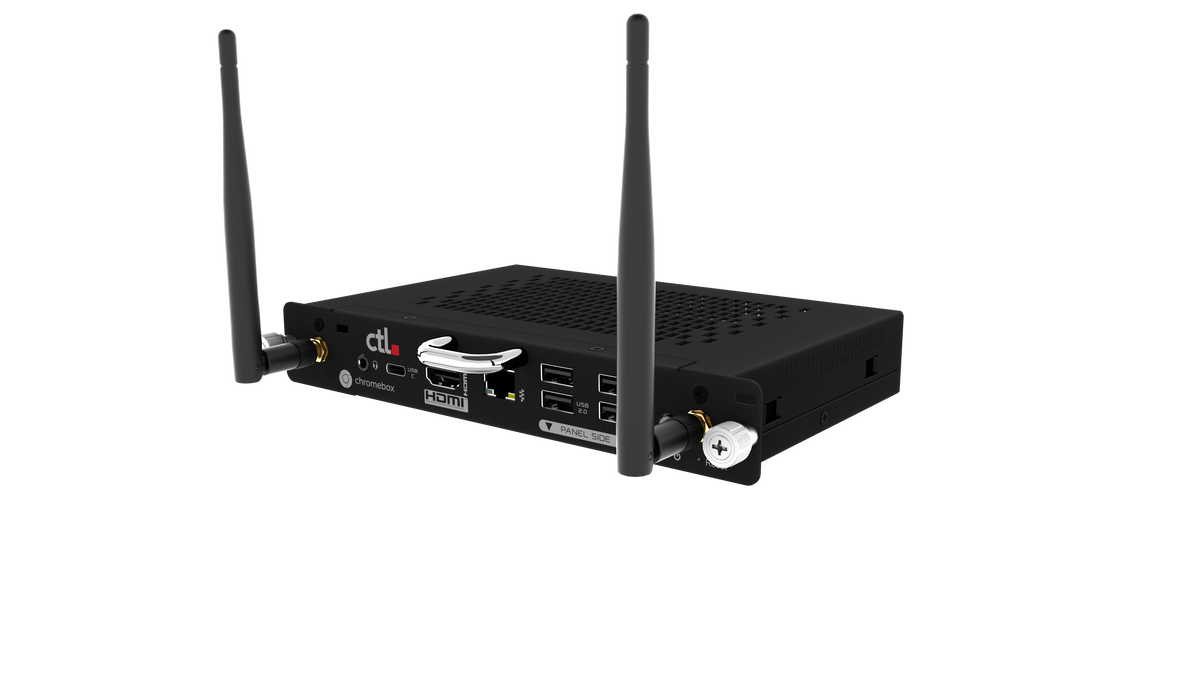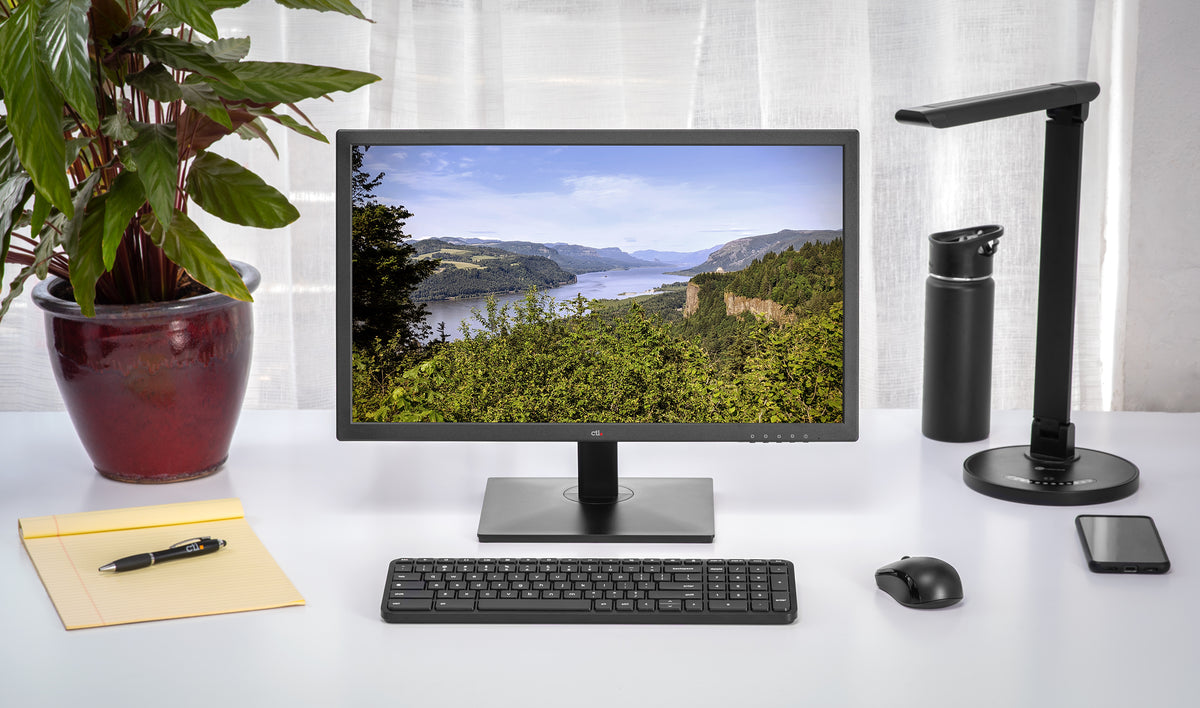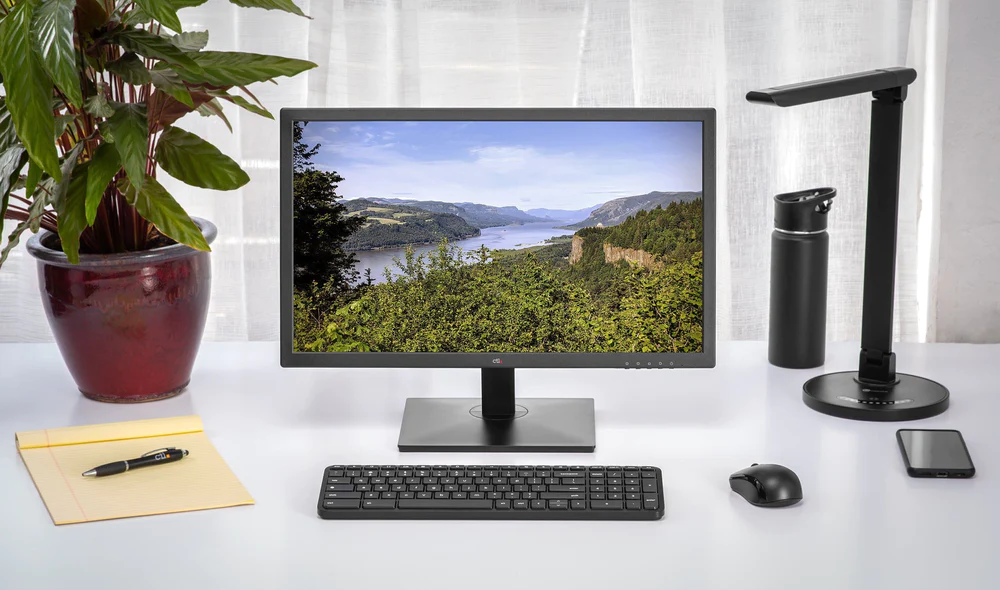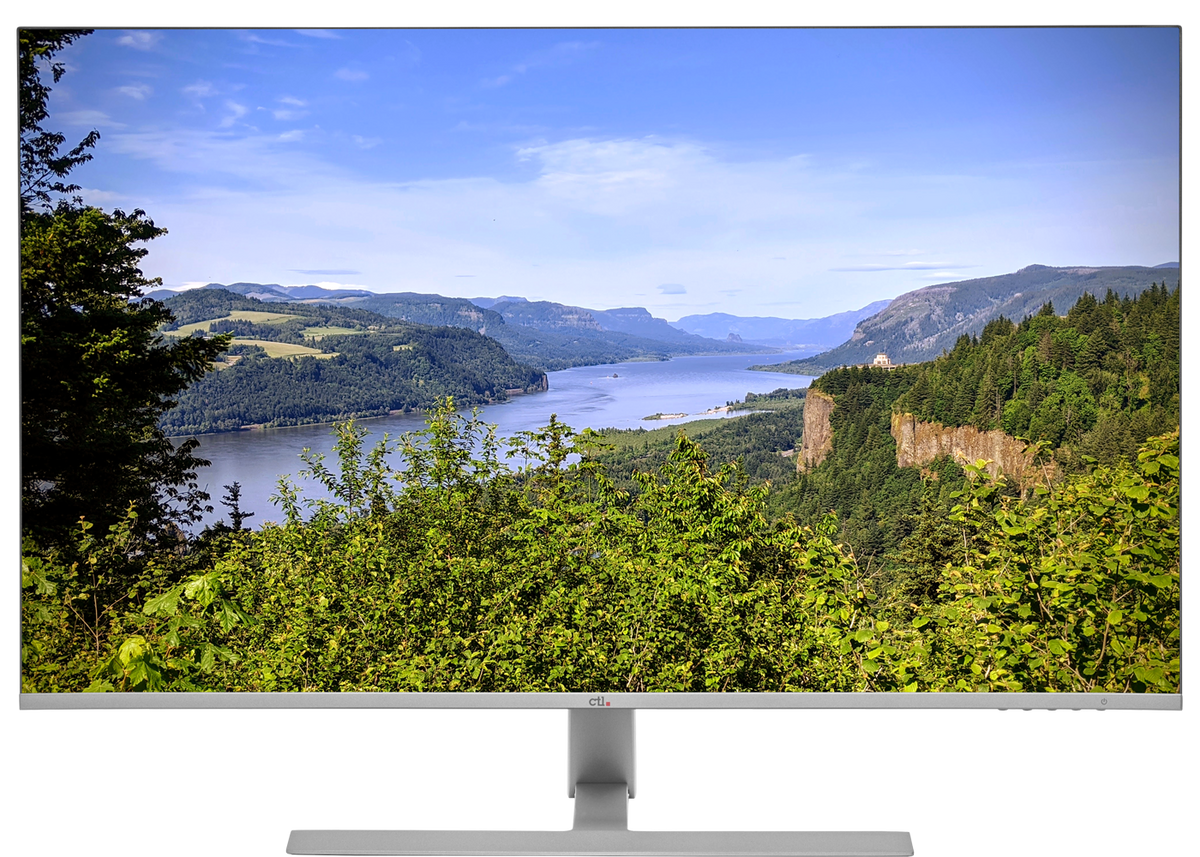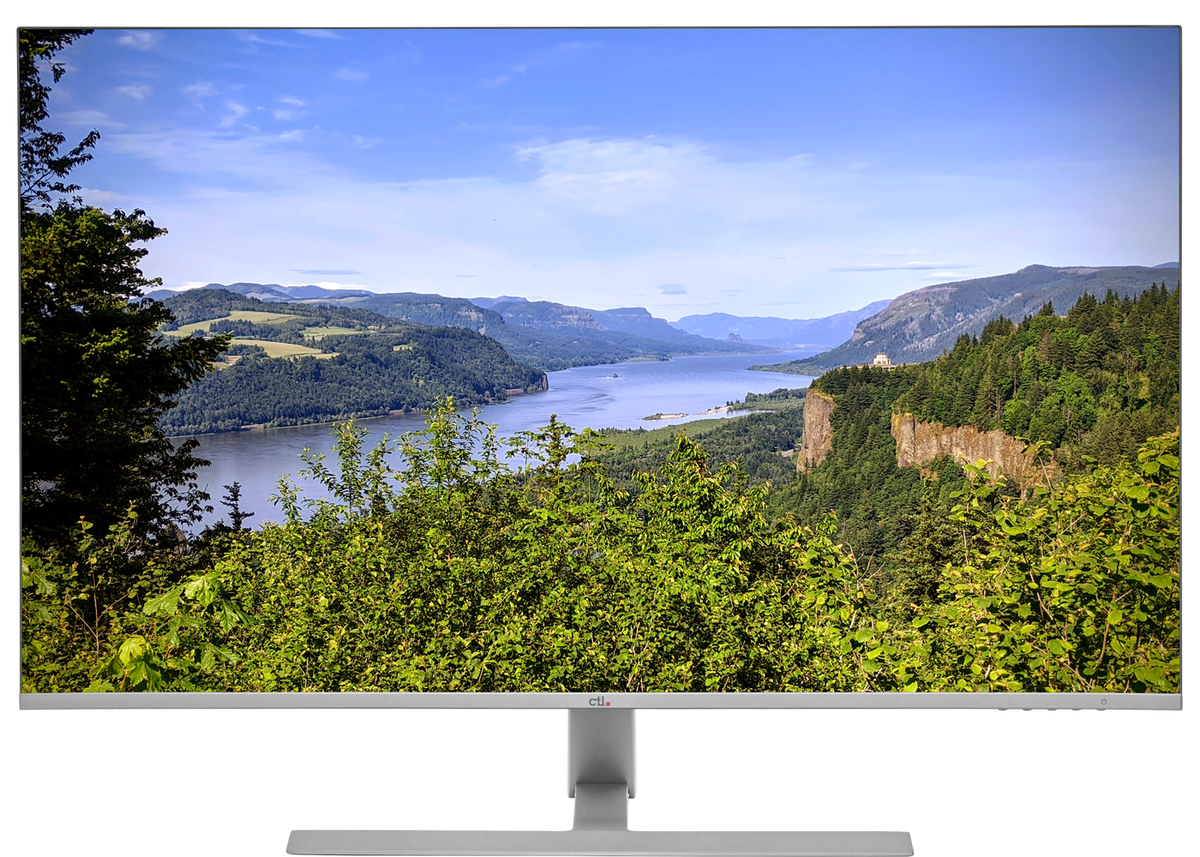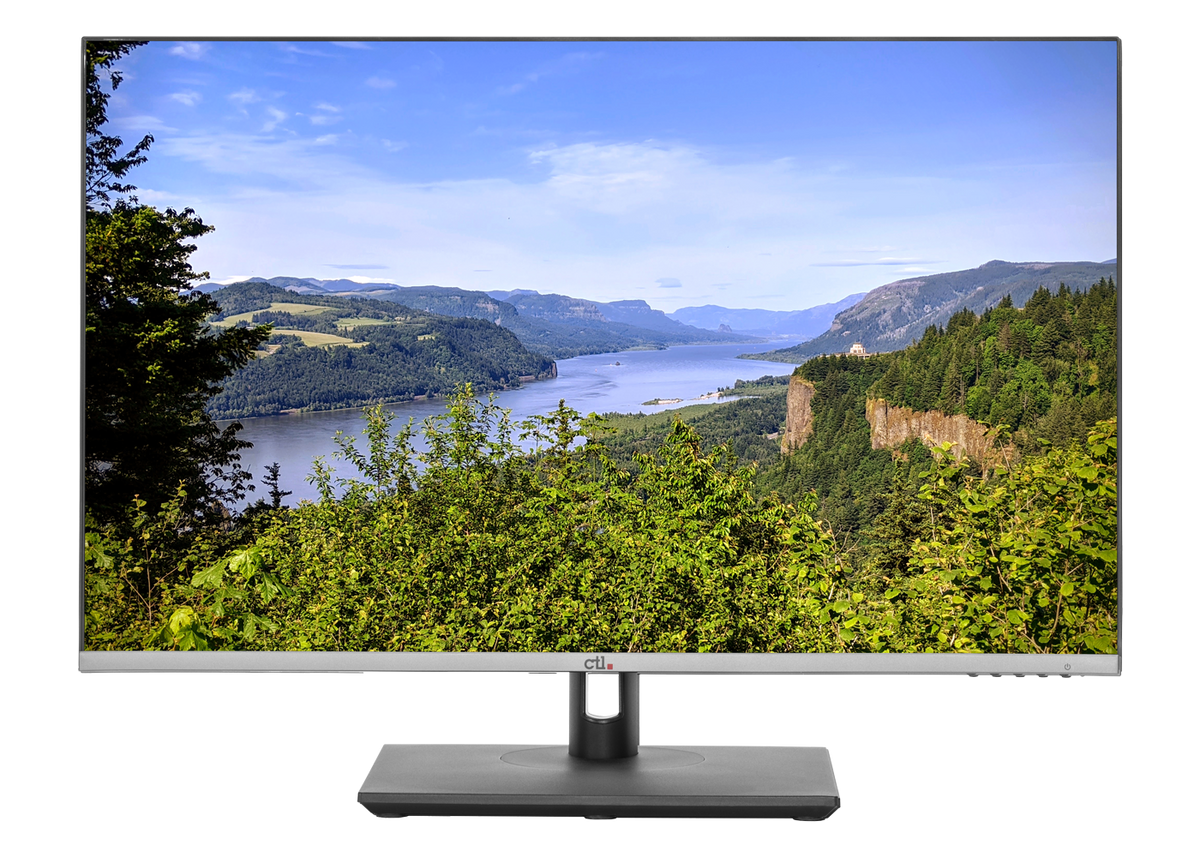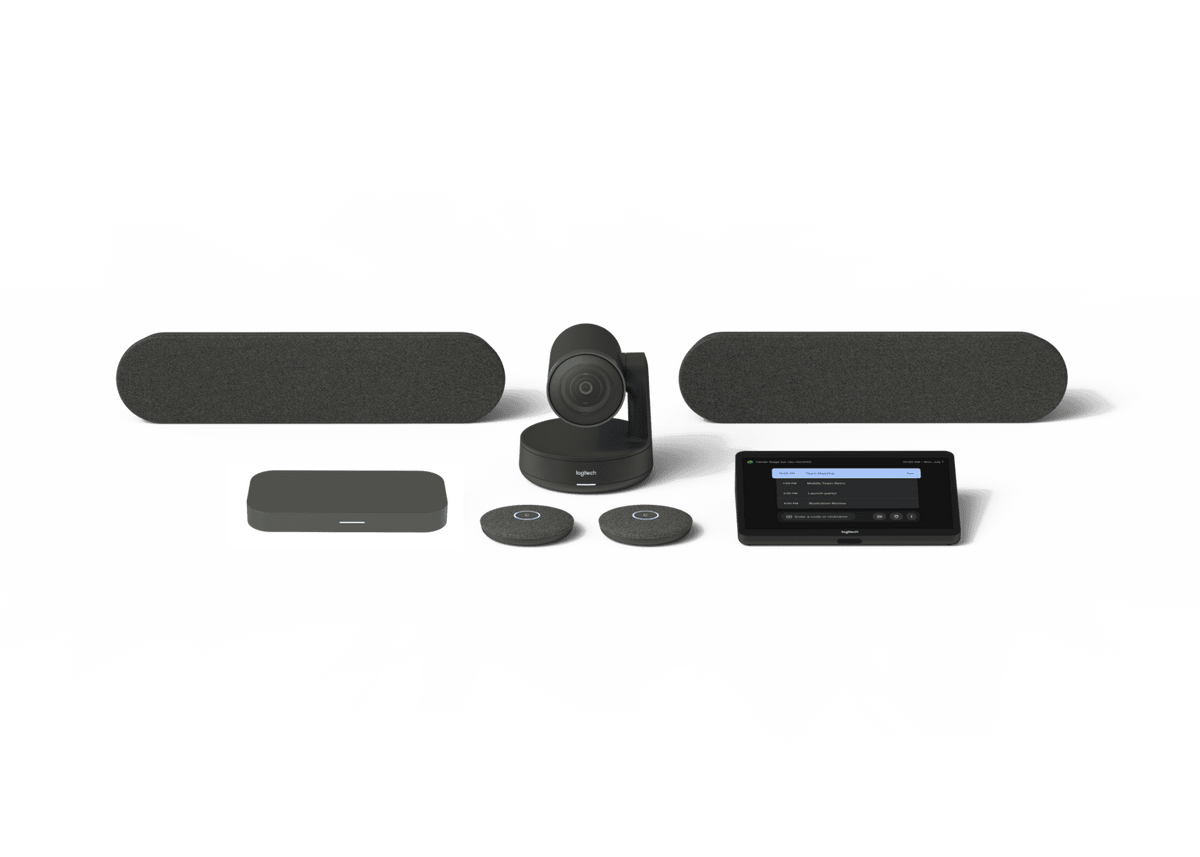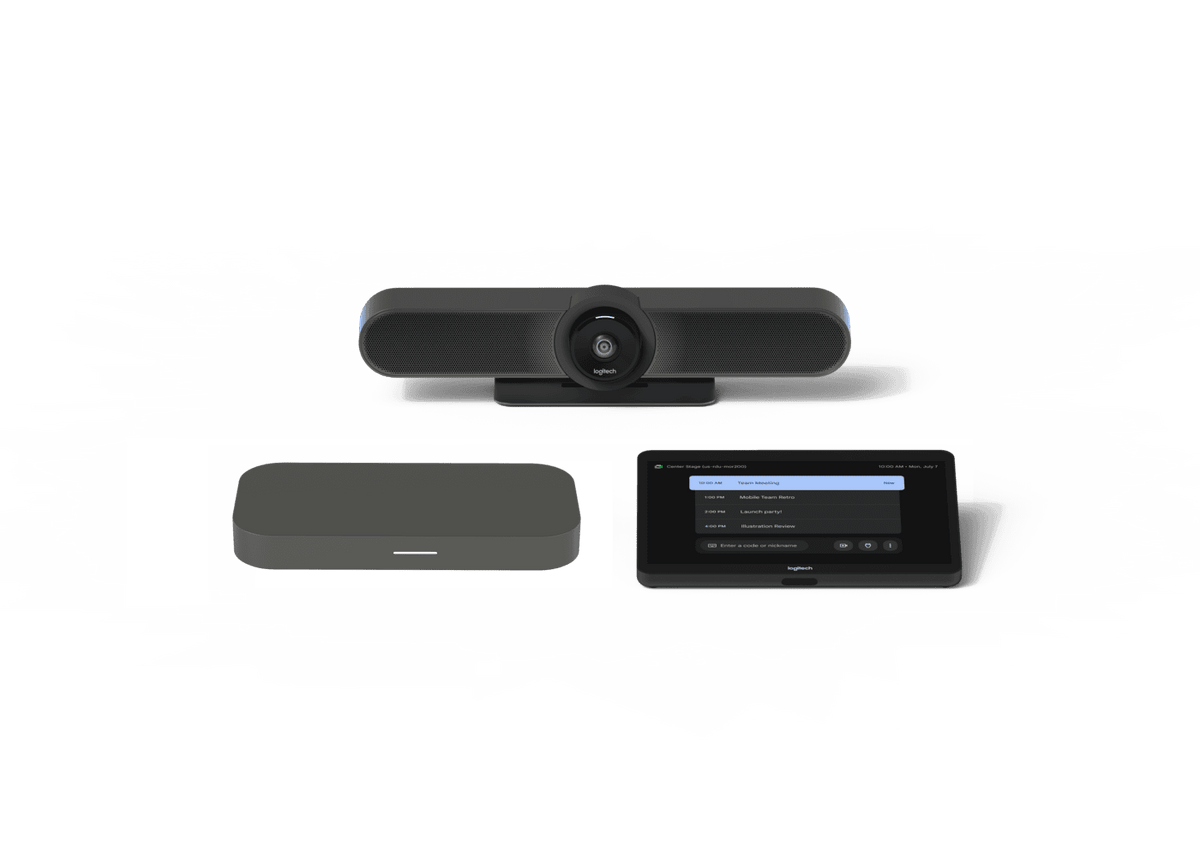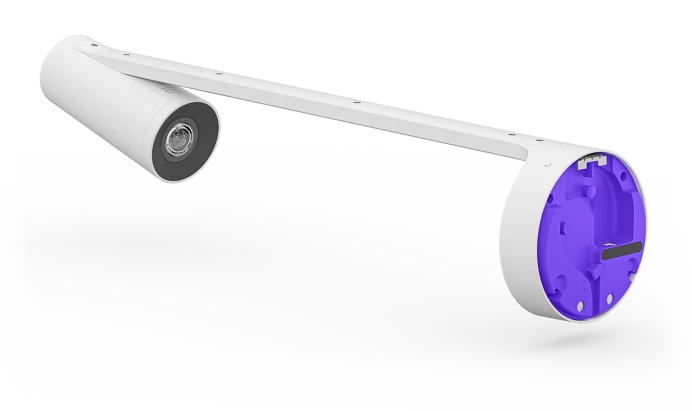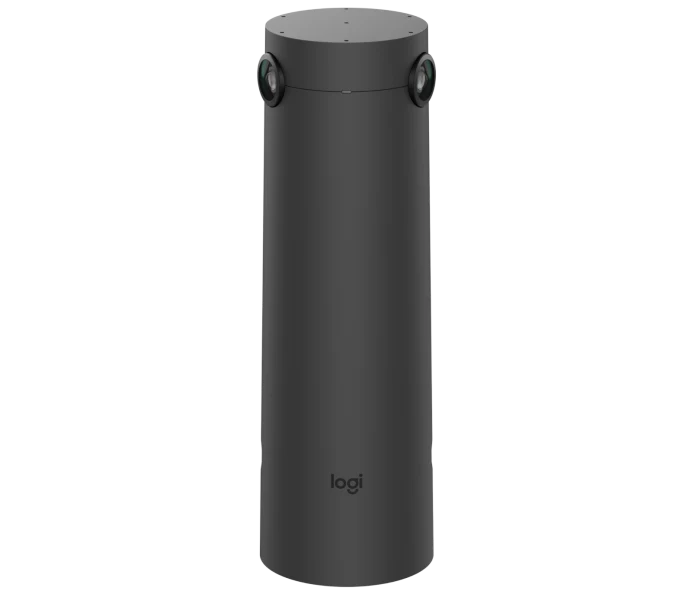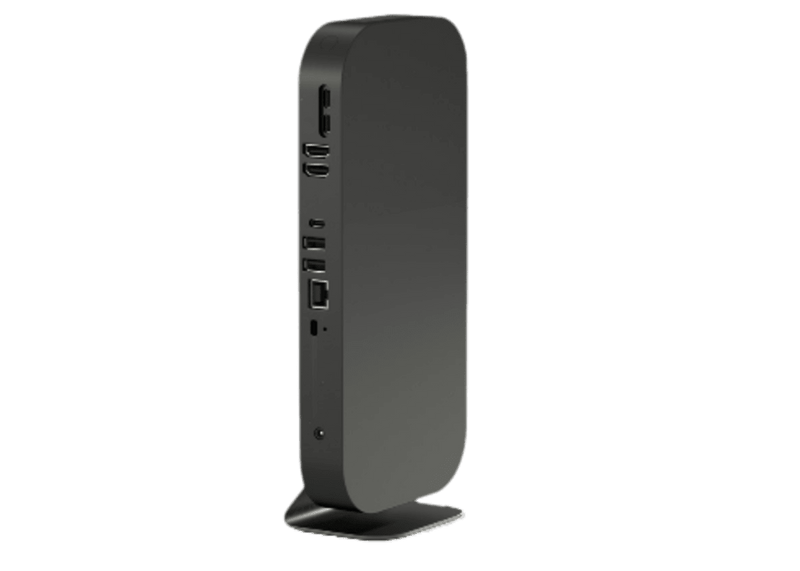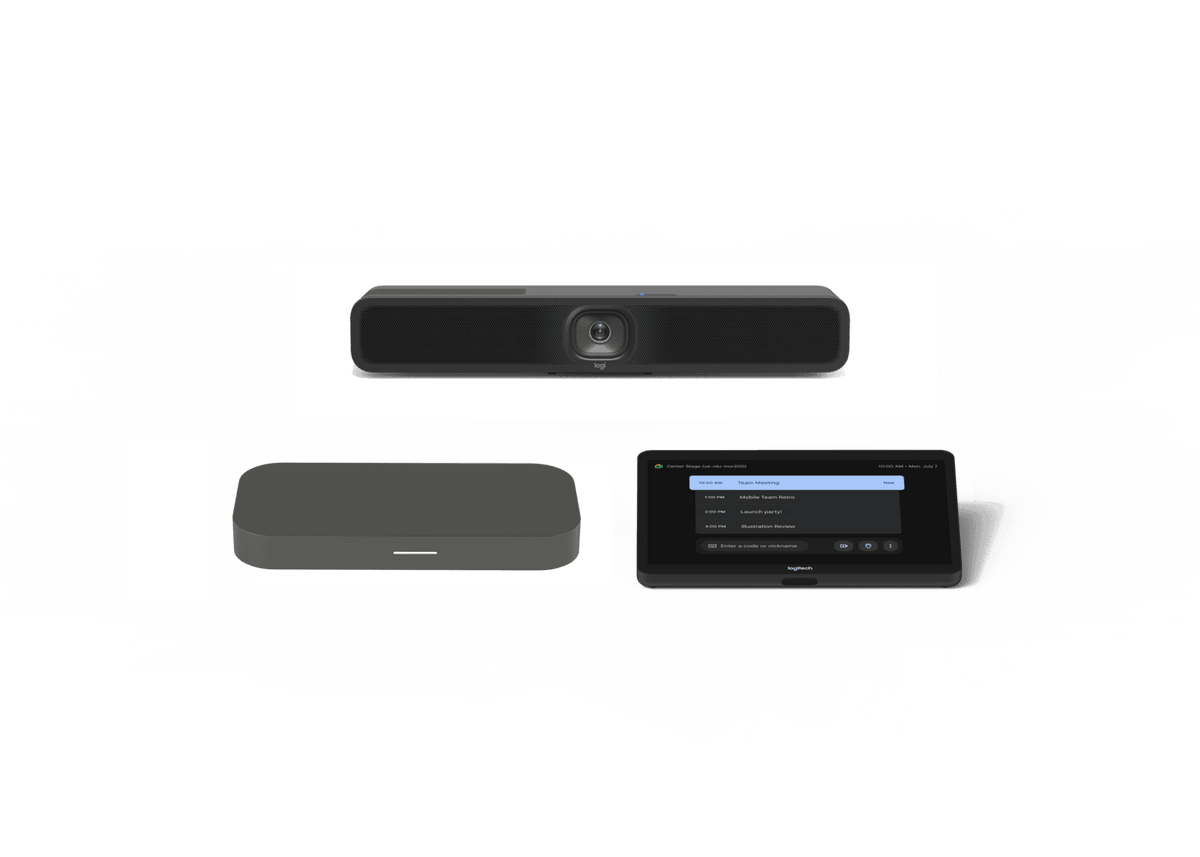Our planet is facing unprecedented challenges, and the health of our oceans is at the forefront. As world citizens, we have the power to make a difference. But where do we start? Today, we'll explore how as a B Corporation, CTL has implemented some simple and effective ongoing programs that contribute not only to land and air sustainability but also to world ocean health, both through core business practices and external initiatives.
Here are a few key areas where our current sustainability policies and programs are contributing to the health of the world’s oceans:
-
Reducing Plastic Waste. As a B Corp, CTL focuses on reducing plastic use in both our products and our packaging. Where possible, we use recycled materials and create products designed for reusability and responsible recycling. This helps keep plastics out of the oceans for the safety of sea life and the health of the ocean ecosystem.
-
Renewable Energy. CTL headquarters runs on 100% renewable energy, shifting away from from fossil fuels. Burning fossil fuels releases pollutants and greenhouse gases, which contribute to ocean acidification, harm marine life, and disrupt ocean ecosystems. By relying more on renewable energy sources, we are working to significantly reduce these negative impacts.
- Planting mangrove trees. Planting mangroves is a win-win in protecting the future of our planet. With their deep root system, mangroves are one of the most effective ways to reduce carbon emissions from the atmosphere; research has shown that they can store two to four times more carbon than trees in other mature tropical forests, making them one of Earth's highest density terrestrial ecosystems for storing carbon (Fatoyinbo et al., 2017). For the oceans, mangrove trees foster a healthy and biodiverse ocean ecosystem by providing vital breeding grounds for species of fish, act as a natural protection for the coastline, and filter pollutants from the land before they get into the ocean.
- Responsible Electronic Recycling. At CTL, we emphasize responsible electronic recycling to minimize the environmental impact of e-waste. If not properly managed, E-waste can contain hazardous substances that can leach into water bodies, including oceans. By offering free end-of-life recycling, we ensure that our electronics are recycled responsibly, and prevent potentially harmful elements from entering marine ecosystems, thereby protecting marine life and maintaining ecosystem balance.
- Conservation of Resources. CTL understands that refurbishing end-of-life products is one of the most environmentally friendly practices. We refurbish Chromebooks and Chromebook parts to reduce environmental impact. By using recycled materials in our products and reducing our reliance on raw materials, we contribute to the conservation of natural resources. This reduces the need for mining activities that can lead to habitat destruction and increased sediment in waterways, ultimately reaching the oceans. Minimizing mining activities helps protect coral reefs and other sensitive marine habitats, supporting the overall health of ocean ecosystems.
By focusing on these areas, CTL is proud to celebrate World Ocean Day as an active contributor to the mission of a healthier and more sustainable future for our oceans.

